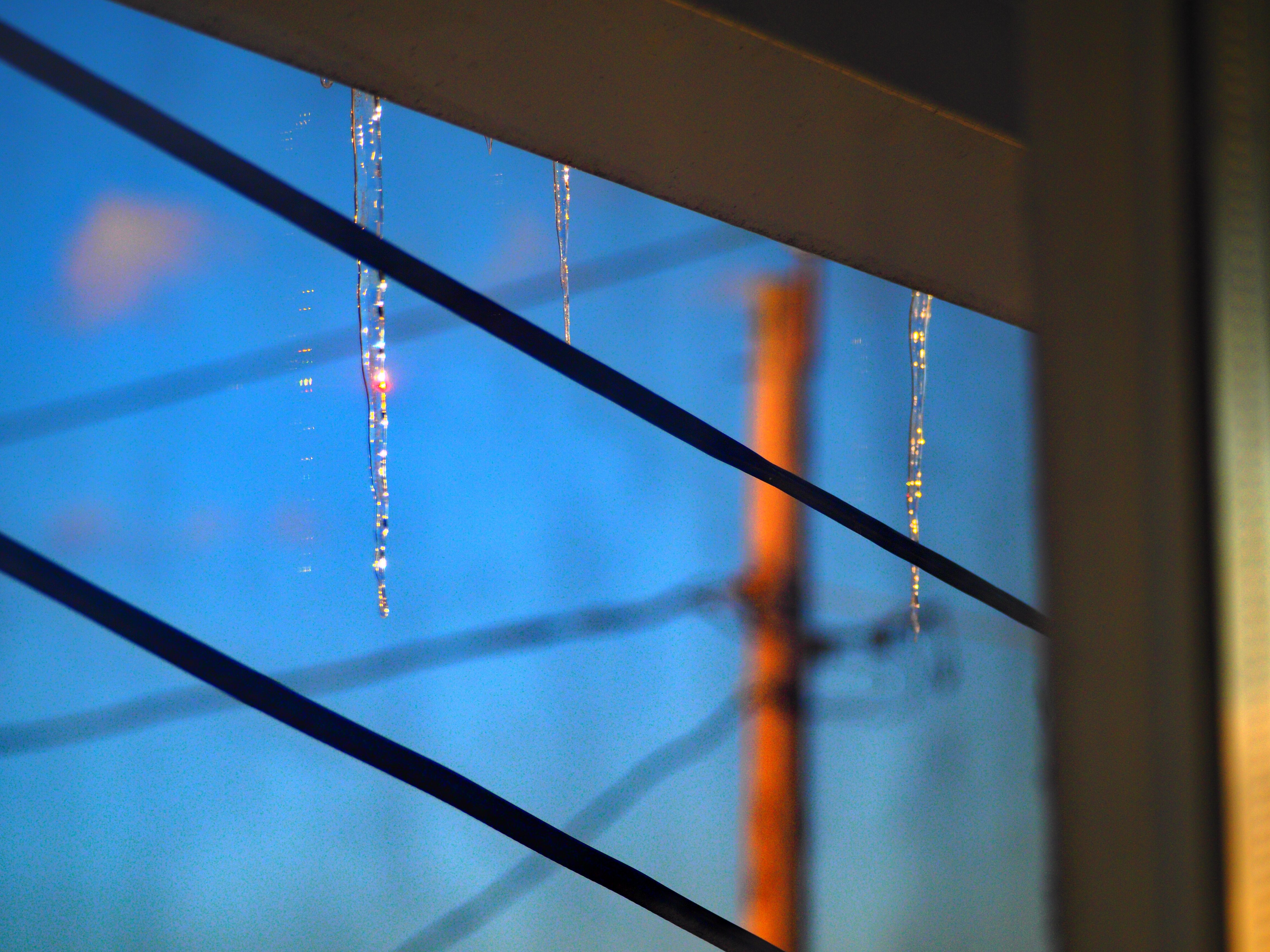-
Posts
44,789 -
Joined
Content Type
Profiles
Blogs
Forums
American Weather
Media Demo
Store
Gallery
Everything posted by LibertyBell
-
Wasn't February 1978 tucked in though? I've seen satellite images where it looked like a hurricane with an eye due south of Long Island. I guess it depends on what type of storm. Some storms that tuck into the coast are so strong that they wrap cold air all the way around the storm. The Millenium storm was like that too.
-
yes it's specifically less new land RAOBs, but still some new data I posted a pdf about it a few years ago file:///C:/Users/CosmicQuantum/Pictures/GFS4cycle_2015_NWP_Chicago_15A.pdf I don't know if this is the same paper you posted but I'll take a look All cycles have been steadily improved. • 12Z cycle is comparable to 00Z cycle. • 06Z and 18Z cycles are worse than 00Z and 12Z cycle GFS 06Z and 18Z cycle are less skillful than the 00Z and 12Z cycles. • The difference in the NH is the largest 06Z data count is always less (10~30%) than other cycles. • Even though the 18Z-cycle forecast score is worse than that of the 00Z cycle, 18Z conventional data count is not less than 00Z data count! Note even though the total number of land soundings is almost the same among the four cycles, 06Z and 18Z have much less land RAOBs than the 00Z and 12Z cycles ! 18Z and 00Z have the same amount of conventional data, but 18Z has worse forecast skills than 00Z. On the other hand, 12Z has less conventional data than 00Z, but 12Z and 00Z have similar forecast skills. 06Z and 18Z cycles have 10 to 20 times less land rawinsonde observations than the 00Z and 12Z cycles. Is the lack of RAOBS responsible for the lower forecast scores of the 06Z and 18Z cycles? More investigation is required to understand its impact. The forecast skills of GFS 06Z and 18Z cycles are not as good as that of the 00Z and 12Z cycles.
-
the one with the historic arctic outbreak that defined that entire decade
-
likely isn't a certainty, likely to me means a 50% or higher probability. everything is a probability.... perhaps a chance of snow would be more accurate but maybe they wanted to convey a higher degree of likelihood. Our local channels are also doing it, Lee Goldberg just said the probabilities of significant snowfall have increased on WABC 7.
-
we had this in the late January 2011 storm too. We never changed over in the December 2003 storm but the mix line was 5 miles south of us on the first day of the storm (we had our best snowfall rates that day too.) we did change over to sleet and thundersleet in the late January 2011 snowstorm and to very heavy snow that night.
-
Congrats-- you just got NAM'ed for 3 inches of snow 3 inches of snow is what passes for getting NAM'ed this season!
-
How many of these -5 AO blocks did we have during the 80s, Chris? February 1989? December 1989?
-
this winter somewhat reminds me of 1988-89, a few of the 80s winters to be honest. the key seems to be when the deep south gets snow we do not.
-
The reason why the key to an HECS is to keep the SLP south of our latitude is that once north and east of here the wind backs around to the NW and that quickly terminates any and all snowfall (at least for here, NW is a very dry downsloping wind and the sun quickly comes out.) You want the wind to be NE as long as possible to maximize snowfall duration and that means the SLP has to stay south and east of us. Long duration snowfall isn't 12-18 hours, that's medium length, long duration is 24+ hours.
-
Yes I remember a stat from years ago when the AO was negative the NAO was also negative 85% of the time. Has the correlation become less over time?





